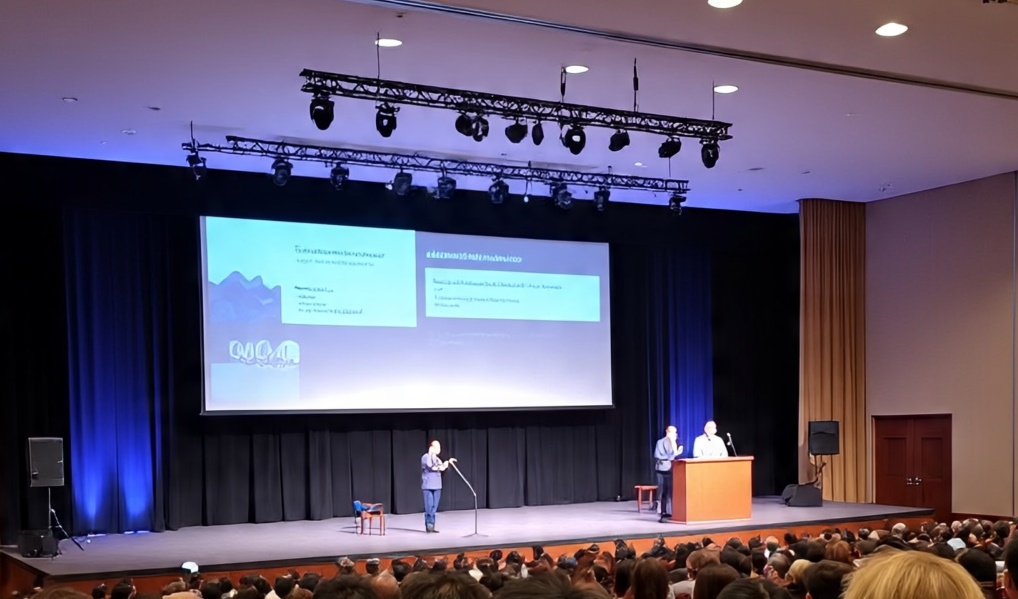Study of Consumption Behavior of Muslim Students in Terms of Islamic Economic Perspective
Keywords:
Consumption Behavior, Economic Perspective, Muslim StudentAbstract
This study aimed to determine the role of the Village Government in Empowering Farmers. Purposive sampling was used for sampling. Twelve samples were used in this study 12 people. Qualitative descriptive statistics were used for the analysis. The results of the study show that the village government’s role in empowering farmers is considered quite effective, as can be seen from the aspect of cooperation, which plays an important role in terms of providing information that is more often carried out by the village government, providing training to farmers. From the perspective of support, it can be seen from the marketing of agricultural products, which is also considered effective by appointing collectors and retailers, while from counseling and government assistance, it has also been quite good through its role in post-harvest land management and cultivation procedures. From the perspective of farmer independence, it is also considered quite good in terms of coaching where the village government holds rice cultivation procedures. From a developmental standpoint, the village government provides socialization and training to develop planting techniques that can be applied by farmers.
References
Habibullah, E. S. (2018). Consumption Ethics in Islam. Journal of Economics and Business, 1(01), 90-12.
James M. Economic development in the third world.
Muthoharoh, S. N. (2017). Islamic Economic Review of the Consumption Behavior of Students of Madrasah Aliyah Pondok Pesantren Darunnjana Ketahun District. SKRIPSI, IAIN, Bengkulu University.
Putriani, Y. H. (2015). Patterns of Islamic Consumption Behavior of Muslim Students of the Faculty of Economics and Business, Universitas Airlangga in View of the Level of Religion. Journal, JESTT, Vol. 2 No. 7.
Rianto, N. (2020). Microeconomic theory: A comparison of Islamic and conventional economics. Jakarta: Kencana.
Sugiyono. (2011). Combination Research Methods (Mixed Method). Bandung: Alfabeta.




